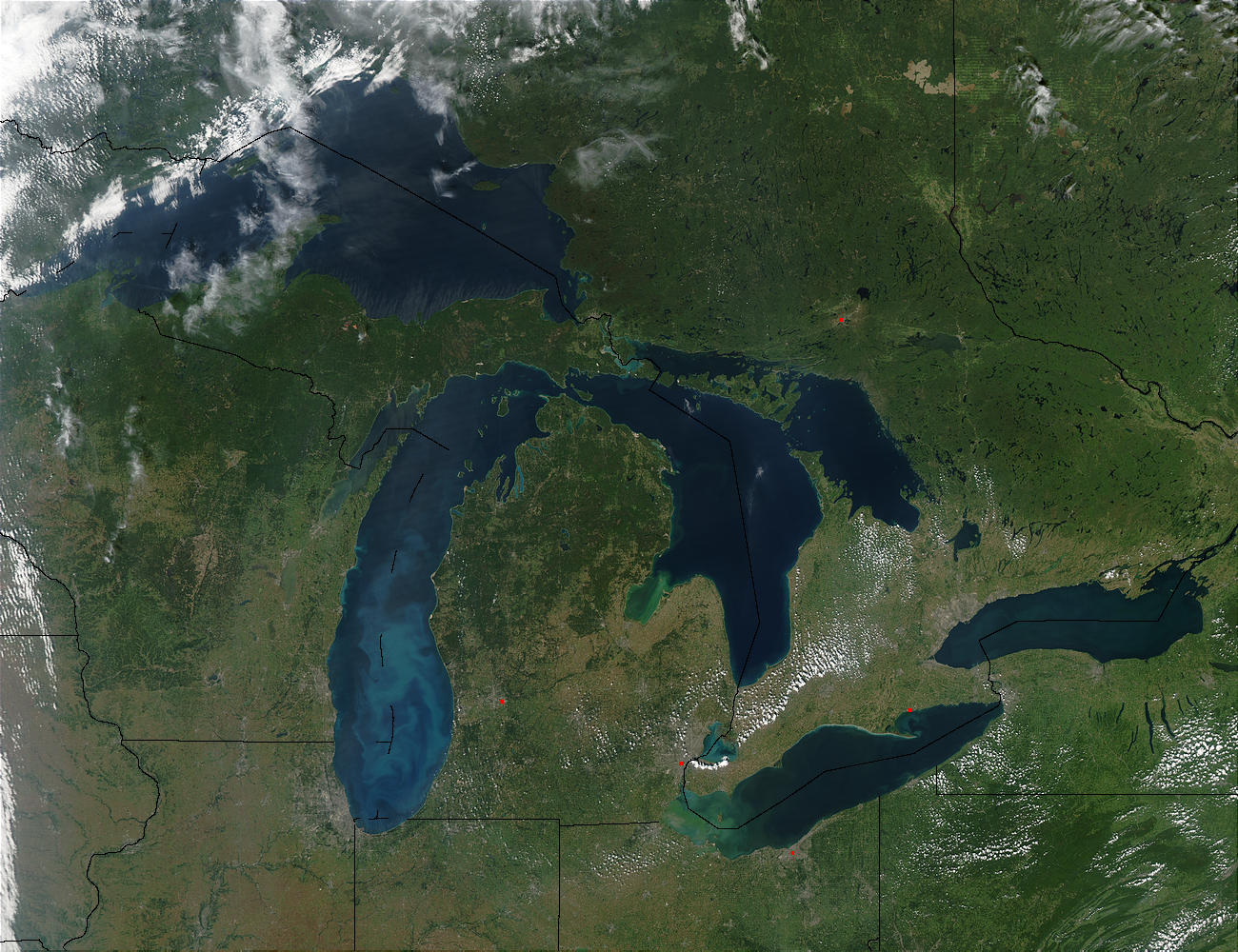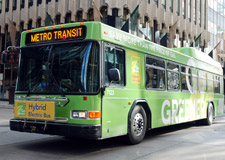|

Minnesota Legislative Session Begins on Tuesday
February 20 will mark the beginning of the Minnesota Legislature’s 2018 Session, which will run until late May, offering opportunities and risks for Minnesota’s natural resources. Each session carries with it unique challenges, but the MEP coalition also has a chance to change the conversation on our state’s land, air, and water – and support programs that help keep Minnesota clean. Fortunately, with the help of partners and concerned citizens, several strong programs to protect our land and water were funded, and proposals that would have taken our policies backwards were blocked during the last session. This year, we’ll be back at the Capitol, working proactively to advance positive proposals that would benefit all Minnesotans:
- Clean water investments for rural communities – Bonding funds for wastewater treatment and water infrastructure, which can be an enormous expense for rural communities, would help bring clean water to every Minnesotan. And bonding for the Conservation Reserve Easement Program (CREP) would further help by reducing runoff pollution in Minnesota’s water supply.
- Increasing perennials and cover crops in agriculture – Recent research has made it clear that perennial and cover crops are critical to boost farming productivity and preserve land and water resources. MEP supports the Working Lands Watershed Restoration Program, which aims to create advantages for landowners to plant these healthy crops, and a boosted state investment in the University of Minnesota’s Forever Green Initiative, which aims to make these crop practices economically viable.
- Increasing the Renewable Energy Standard to 50% by 2030 – The current Renewable Energy Standard set in 2007 set a goal of 25% renewable energy statewide by 2025. Minnesota is well on track to meet that goal, and now is the time to update and double down on this standard. This will provide enormous benefits for job growth, energy cost savings, and positive impacts on our air and climate. Minnesota has been a strong leader on clean energy, and now is not the time to slow down.
MEP will continue to push hard for these positive programs, and other sound protections for our natural resources, at the Capitol this session. And we fully anticipate that problematic bills that aim to strip environmental protections and funding will require our best defensive efforts. We’ll continue to make a difference, but our coalition can’t do it without Minnesotans beside us!
In a political environment that threatens many long-standing environmental policies and norms, it’s critical that citizens from all communities stand up for the bedrock protections for our health and livelihoods – and this session is the ideal time to get active! By contacting or visiting your legislators, participating in action events, and testifying in hearings, you can help defend our natural resources and make positive change for Minnesota’s future. We hope to see you at the Capitol!
…
Find and contact your local Senators and Representatives
Watch the committee schedules for the House and Senate for opportunities to testify on critical legislation

photo credit: NASA |
Trump budget would slash Great Lakes restoration funding
(From Duluth News Tribune) — The federal budget proposal released by the Trump administration this week would slash funding for Great Lakes restoration by 90 percent, from $300 million this year to just $30 million next year, and would cut other programs aimed at keeping lakes and drinking water clean. President Donald Trump’s budget includes no money for so-called Clean Water Act Section 319 programs, which help communities reduce polluted runoff. That’s down from $167 million last year. >>Read More.
|

|
 |
To help bees, UMN study will analyze habitats
(From Minnesota Daily) — A new University of Minnesota study will aim to understand what habitats are best for bees by leasing and planting land plots this summer. Researchers are now reviewing landowner applications as part of the five-year study, which received a $1 million grant from the United States Department of Agriculture and $1 million from the Minnesota Legislature. The study will span six to 10 counties in southwest Minnesota, said researcher Christina Herron-Sweet. The team is sorting through about 150 applications from landowners who want to participate to decide where they will plant the habitats. >>Read More.
|

photo credit: Metro Transit |
Minnesota’s Volkswagen settlement may pay for cleaner vehicles
(From Star Tribune) — Minnesota will spend $11.75 million on cleaner trucks, buses and cars if the state’s proposal for the first funds from a legal settlement with Volkswagen is accepted by the public and the trustee overseeing the massive federal litigation. If adopted, the plan is expected to result in reductions of about 1,000 tons of nitrogen oxides, up to 55 tons of fine particles, and up to 34 tons of greenhouse gases. In October, the German carmaker agreed to pay the U.S. government $15 billion for allowing its diesel vehicles to produce 30 to 40 times the amount of nitrous oxide allowed by U.S. air regulations. >>Read More.
|

|
 |
Did 4 activists need to shut down an oil pipeline? Minn. court will decide
(From MPR News) — Nobody’s disputing the facts of this case. Four activists — three from Seattle, one from New York — tried to shut off an Enbridge Energy oil pipeline in northwestern Minnesota’s Clearwater County. They even filmed the action. Then they were arrested.Depending on how you look at it, these four people were either vandals trespassing on private property, or activists who needed to protect people from climate change. >>Read More.
|

|
 |
Minnesota vs. 3M: A guide to the $5 billion mega-trial
(From Pioneer Press) — Call it the $5 billion Teflon trial — Minnesota’s biggest environmental lawsuit ever. When the trial of the State of Minnesota vs. 3M Co. starts Feb. 20, it will pit the state against what may be its most-loved company. The state attorney general will be taking on a $145 billion corporate behemoth and charging it with fouling the state’s water. The lawsuit hinges on the alleged damage caused by chemicals found in household items such as nonstick cookware and stain repellent. >>Read More.
|
 |
Apply now to be a Minnesota GreenCorps Host Site!
The Minnesota Pollution Control Agency (MPCA) is now accepting applications from organizations interested in serving as host sites for the 2018 – 2019 Minnesota GreenCorps program year. Minnesota GreenCorps is an environmentally focused AmeriCorps program coordinated by the MPCA. The program places AmeriCorps members with organizations around the state to spend a year of service addressing critical environmental issues. Eligible organizations include public entities, school districts, not for profit institutions of higher education, and 501 (c)(3) nonprofit organizations.. Applications are due by 5:00 pm CDT on Friday, March 23, 2018.
Host site application materials, including a detailed guidance document and the application are available on the Minnesota GreenCorps website.
|
Weekly Environmental Trivia – Answers Below Job Postings!
|
 |
1. Quercus alba is the scientific name for what tree species, found in southeast Minnesota and known for its size and longevity?
2. The DNR estimates that what mammal species has declined by around 65% in Minnesota since 2006?
3. What term does the MPCA use to define waters that are no longer drinkable, swimmable, fishable, or useable in other, designated ways?
|
|
|